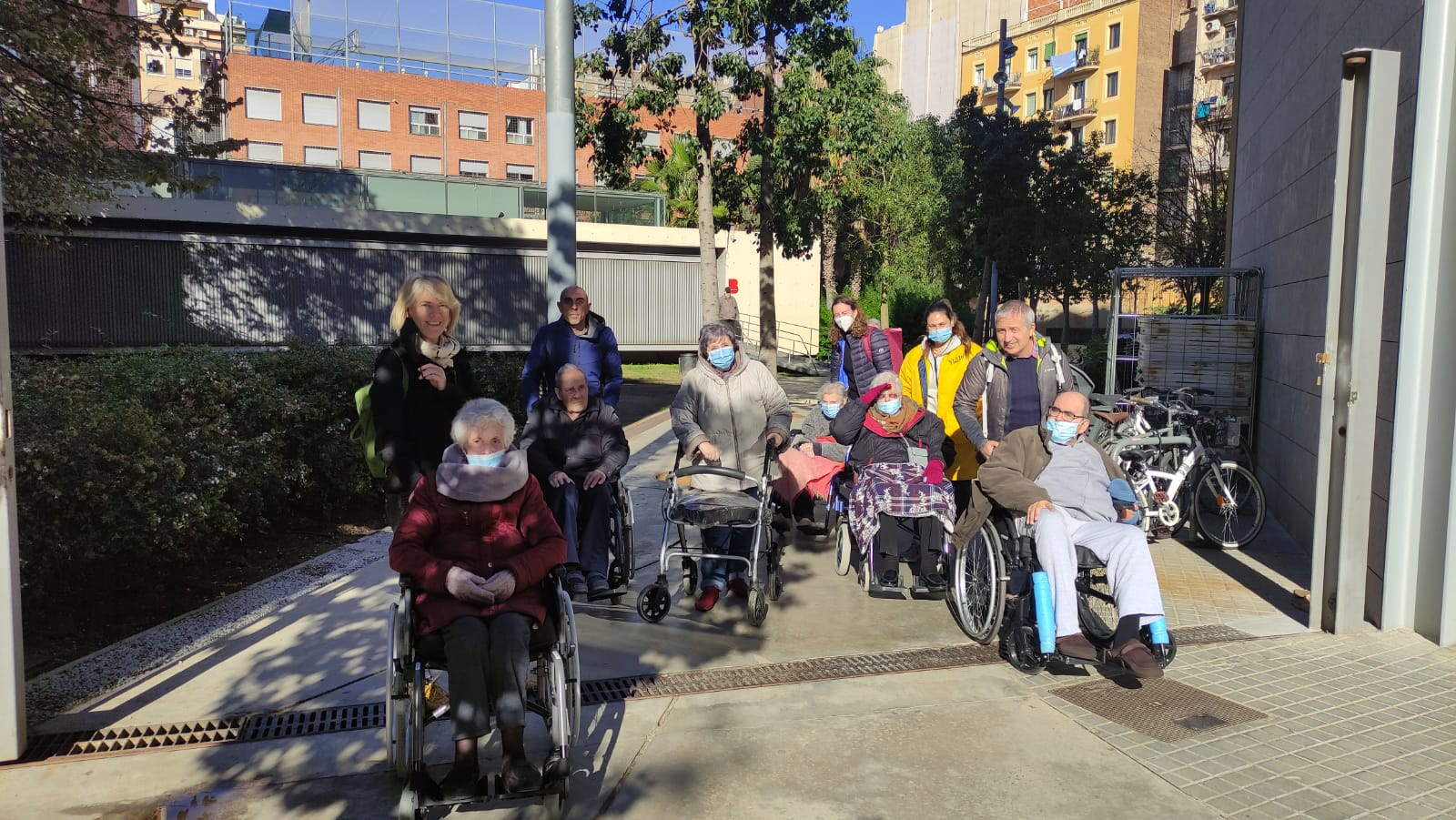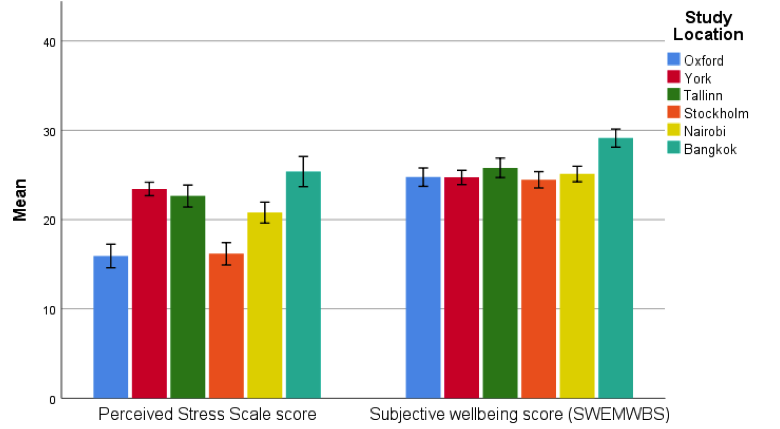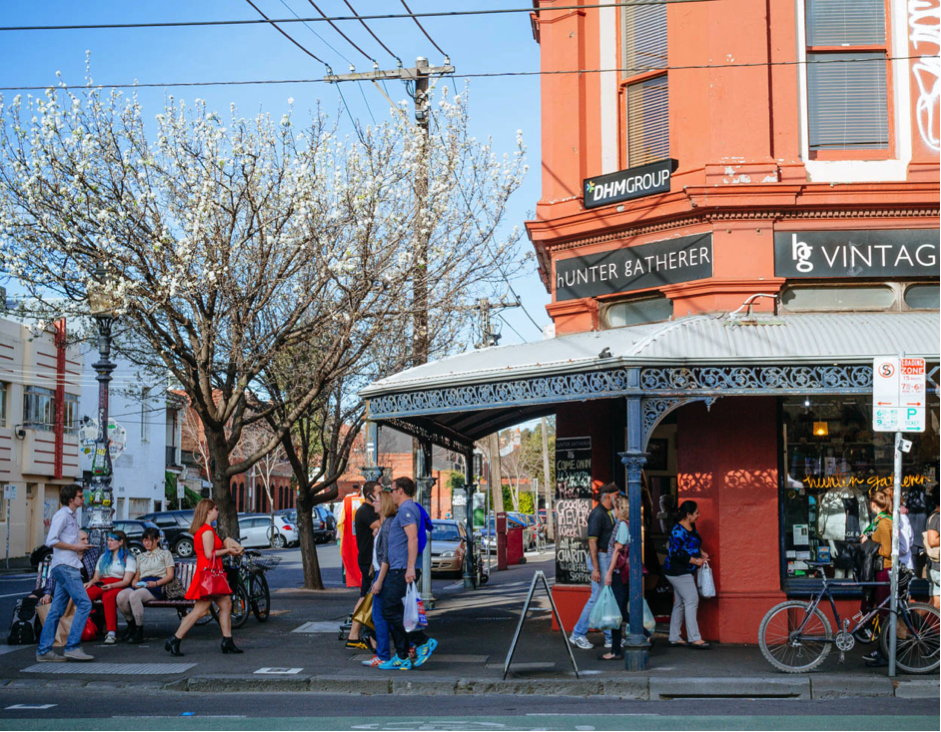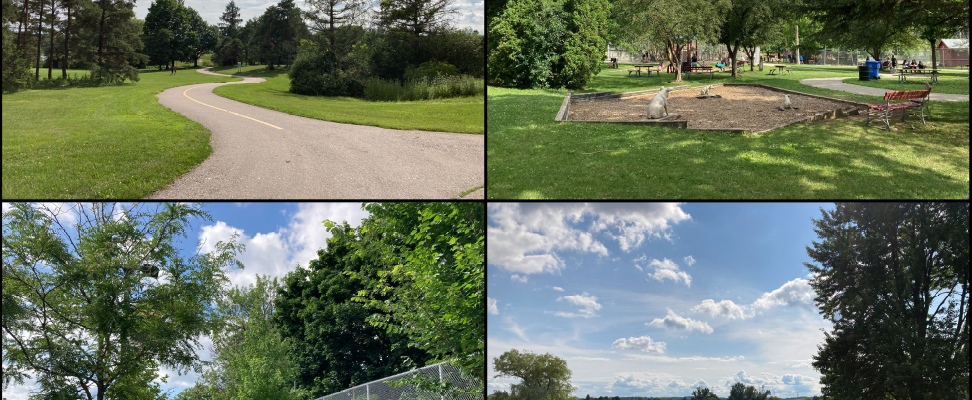City Know-hows

Our study evaluates the reliability (consistency) of a local tool for measuring health determinants in public spaces, using a co-creation process with older adults living in care homes in Barcelona. It highlights the importance of inclusive urban planning and the varied perspectives of community members in enhancing urban health.
Share
Target audience
Urban planners and designers, architects, policymakers, healthcare professionals and researchers, long-term care settings, and community groups interested in age-friendly city design.
The problem
Urban design often neglects older adults’ needs, especially those living in care homes. This oversight can lead to environments detrimental to their health and well-being.
What we did and why
Embracing a co-creative approach, our team delved into the heart of Barcelona’s urban fabric, with a local tool designed to evaluate the health determinants in public spaces. Collaborating directly with care home residents, we transformed their insights and experiences into actionable data for further improvement of the consistency of the tool while raising the importance of including older adults’ perspectives in city-making.
Our study’s contribution
Our study reveals the moderate yet promising reliability (consistency) of the assessment tool. More than a mere measure, it serves as a beacon, guiding the integration of older adults’ perspectives into urban planning. This research highlights the diverse needs of an aging population, offering a template for other cities aspiring to become age-friendly environments. It is a step forward in crafting spaces that resonate with the rhythms of the older adult life.
Impacts for city policy and practice
Our findings herald a call to action for city planners and policymakers. By highlighting the vitality of elder-inclusive urban design, we pave the way for more empathetic, health-oriented cityscapes. This study underscores the profound impact of considering the older adult population in urban development – not as passive beneficiaries, but as active contributors. It is a blueprint for transforming cities into havens of inclusivity, where every age finds its place and has a voice.
Further information
Health CASCADE: Part of the Marie Skłodowska-Curie Innovative Training Network, funded by the EU’s Horizon 2020 program (Project number 956501). Health Cascade is a multidisciplinary expert network with young researchers from around the world, funded to deliver together the rigorous scientific methodology to make Co-creation TRUSTWORTHY and EFFECTIVE. We are developing theories, methods, technologies, and we are testing them in the real world in multiple sectors (health, industry, education, urban planning, social care).
Espai Públic i Salut: A tool for Assessing Determinants of Health in Public Space – Diputació Barcelona. This tool enables municipal technicians and project drafters to assess health determinants in proposals for improving or creating new public spaces, making it a valuable resource for developing health-focused urban environments.
Global Network for Age-friendly Cities and Communities: Supported by WHO, this network aids cities and communities in creating environments that bolster health in older age, connecting cities and communities globally to exchange information and experiences on age-friendly initiatives.
AGE Platform Europe: This is a network of non-profit organisations representing over 28 million older people in Europe. It voices and promotes the interests of the 200 million EU citizens aged 50+, focusing on raising awareness about aging issues.
Full research article:
Inter-rater reliability of the ‘Tool for assessing determinants of health in public space’ in a co-creative urban design process with care home residents in Barcelona: a Health CASCADE study by Jorge R. Zapata-Restrepo, Giuliana R. Longworth, Mai J.M. Chin-A-Paw Philippa Dall, Dawn A. Skelton, Sacra Morejón Torné & Maria Giné-Garriga
Related posts


Housing in disadvantaged areas is more affordable, however, cities would be more equitable if disadvantaged areas were walkable and amenity rich; and existing liveable neighbourhoods had more social housing.

How did parks and greenspace use change three months into the pandemic? Parks and greenspace can help mental health, but also may be sites of virus transmission.